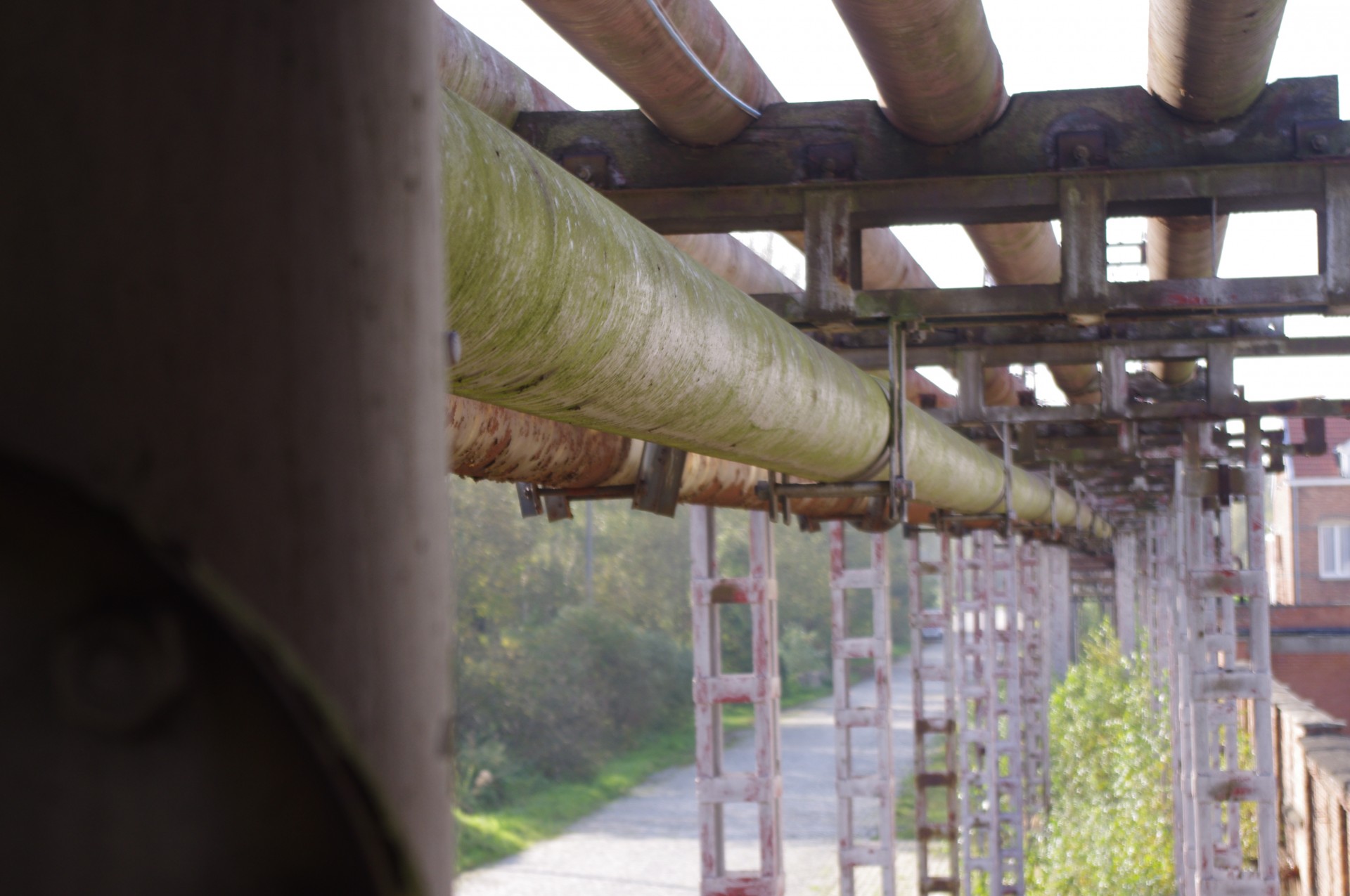What Happened?
A group of indigenous Canadians caused rail travel delays Thursday, Feb. 13, in protest of a Coastal GasLink pipeline project in British Colombia.
The group of women — members of the Wet’suwet’en First Nation — have protested the $5 billion USD pipeline project by holding a drumming ceremony to honor the spirits of missing and murdered indigenous women, according to the Guardian.
As the Wet’suwet’en women continue to protest the project, protestors such as members of the Tyendinaga Mohawk have joined the cause and blocked freight and commuter railways in Ontario to support the women, according to the Guardian.
In Context
The pipeline is set to go through the land owned by the Wet’suwet’en First Nation near Houston, British Colombia, according to NPR.
Hereditary chiefs of the Wet’suwet’en First Nation have claimed that they have control over the traditional lands rather than Canadian elected officials. All of the elected indigenous band councils along the pipeline route support the claim by the Wet’suwet’en First Nation chiefs, according to Reuters.
The hereditary chiefs have asked the federal court to declare the government’s duty to limit greenhouse emissions in accordance with the Paris Agreement limits, which caused a group of protesters to gather around the Supreme Court of British Colombia to support the legal action Wednesday, Feb. 12, according to Reuters.
Prime Minister of Canada Justin Trudeau called for Coastal GasLink and the Wet’suwet’en First Nation to come to a quick agreement that follows the rule of law, despite the protest being part of Canada’s democracy, according to NPR.
“That’s why I am encouraging all parties to dialogue to resolve this as quickly as possible,” Trudeau said in Dakar, Senegal, at a news briefing televised by the Canadian Broadcasting Corp, according to Reuters.
The Latest
On Monday, Feb. 17, Trudeau cancelled a planned trip to Barbados to hold an emergency meeting in Ottawa, Canada, concerning the protest blockades preventing rail travel, according to the National Post.
On Sunday, Feb. 16, around 200 protestors gathered and halted traffic at Rainbow International Bridge in Niagara Falls, Ontario, one of the busiest U.S.-Canada border bridges, in protest of the pipeline, according to Newsweek.
As of Saturday, Feb. 15, rail service has not been resumed and at least 42,000 passengers have been forced to find other means of travel, with Via Rail refunding passengers for canceled trips, according to the Globe and Mail.
The Wet’suewt’en First Nation drum ceremony protest led to the Royal Canadian Mounted Police arresting 28 individuals, including three Wet’suwet’en matriarchs, according to the Guardian.
The continual railway-blocking protests by Tyendinaga Mohawk in Ontario caused Canadian National Railway, Canada’s largest freight rail company, to shut down operations in eastern Canada, as well as warn employees of temporary layoffs Thursday, Feb. 13, according to the Guardian.
Shortly after the Canadian National Railway announcement, one of Canada’s most used passenger rail services, Via Rail, announced that its entire service would be suspended until further notice, according to the Guardian.
The Canadian Chamber of Commerce stated that the railway blockades would prevent the movement of perishable foods, consumer items, grain, construction materials and propane from reaching Quebec and Atlantic Canada, according to CNN.
The rail blockade has been called illegal and dangerous by Canadian Transport Minister Marc Garneau, according to NPR.

